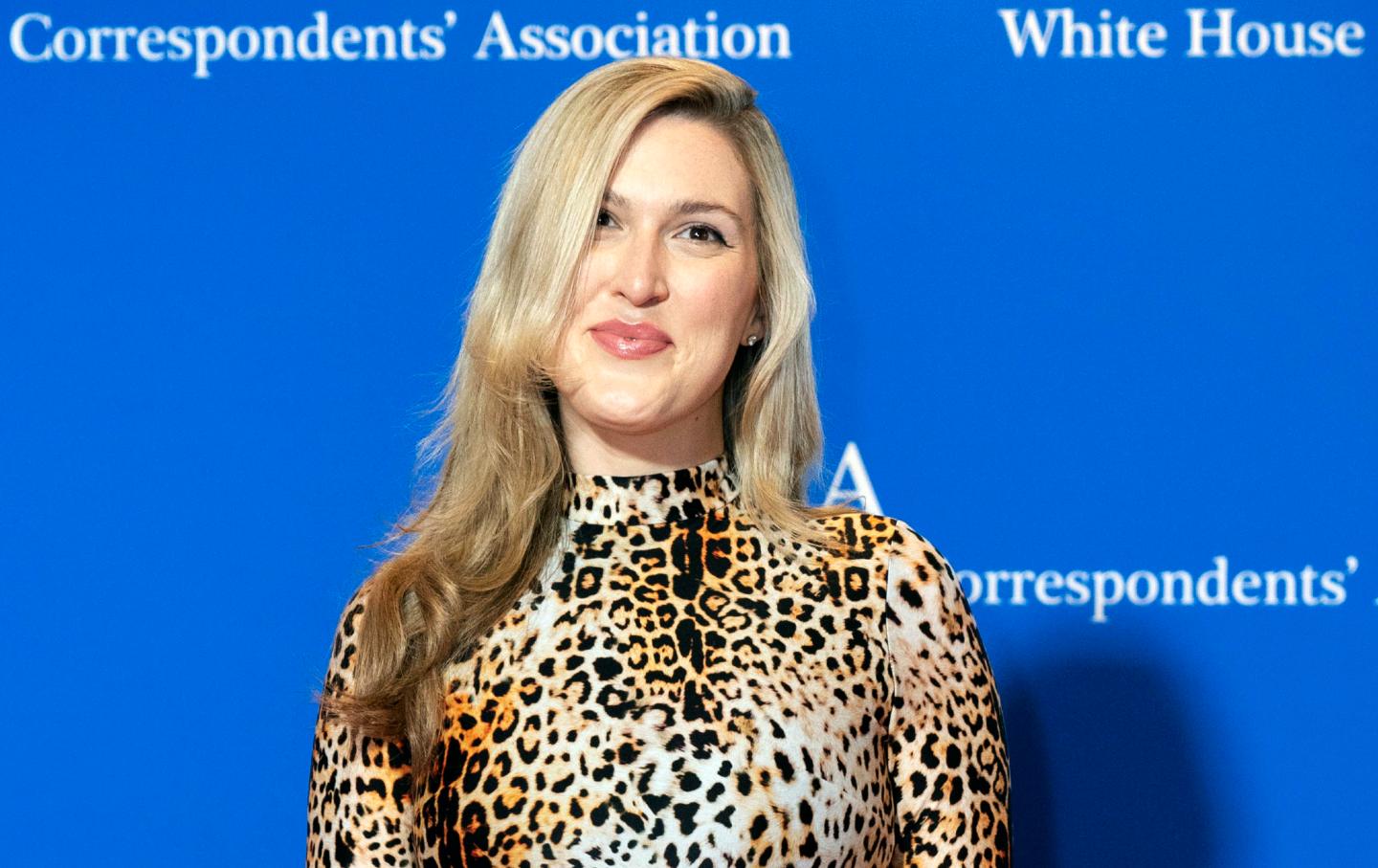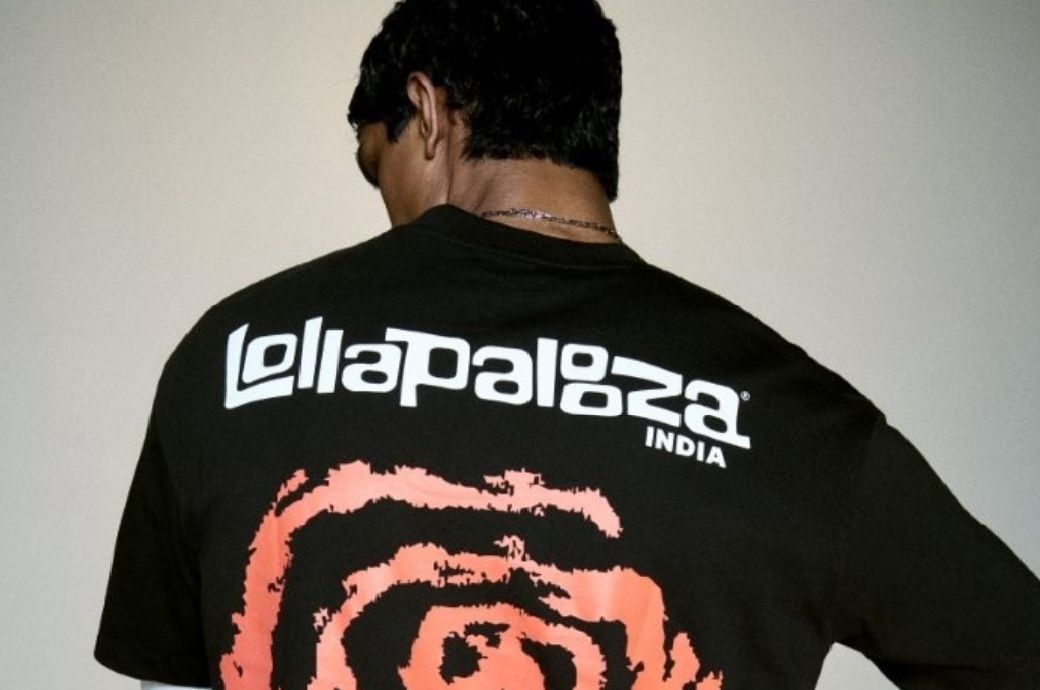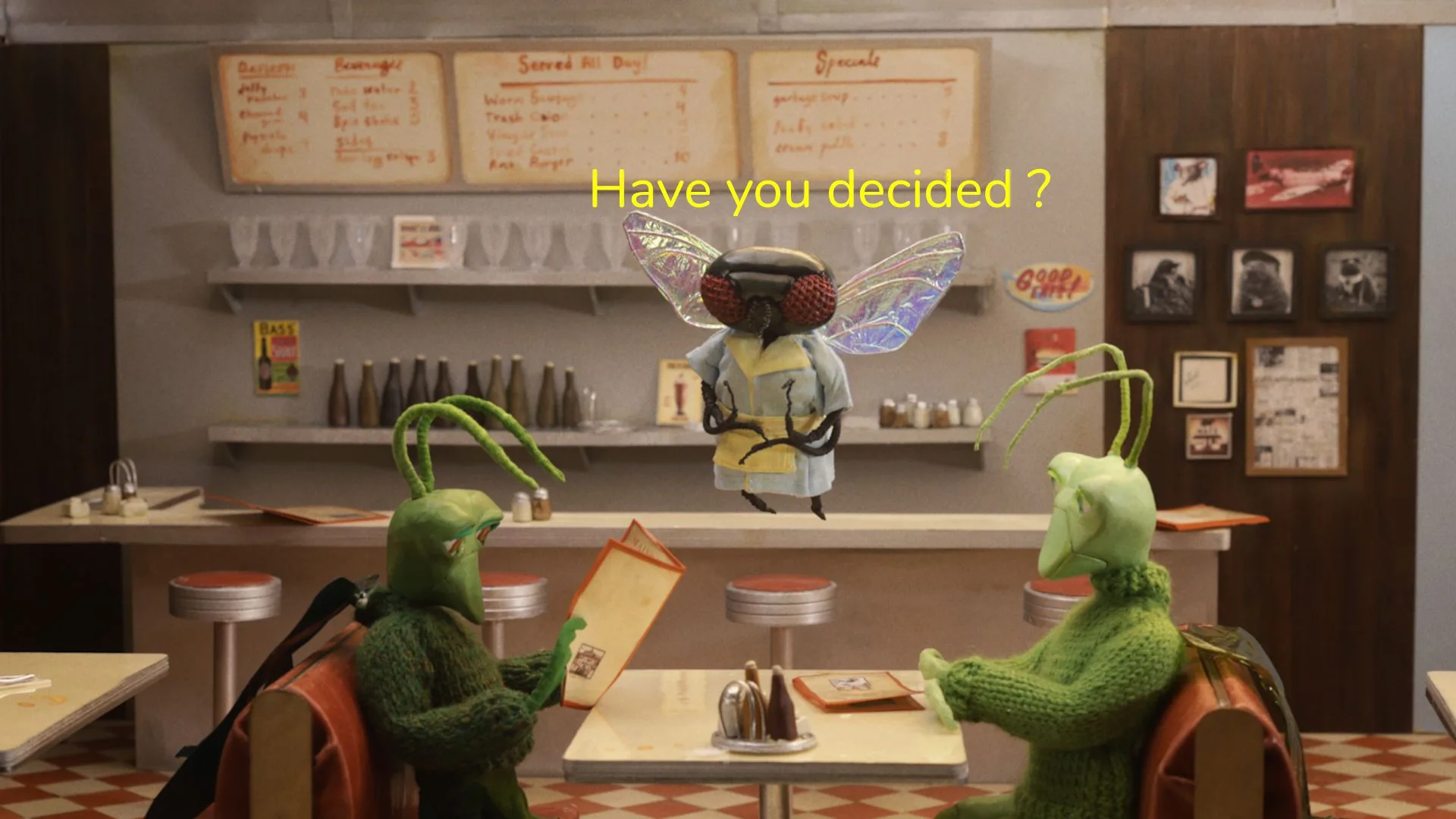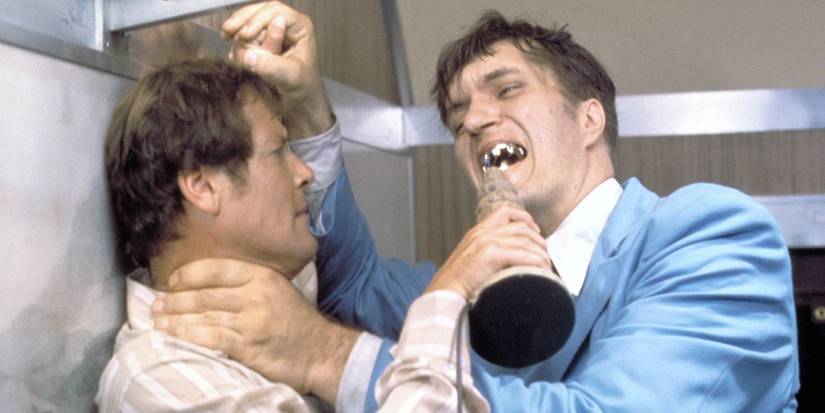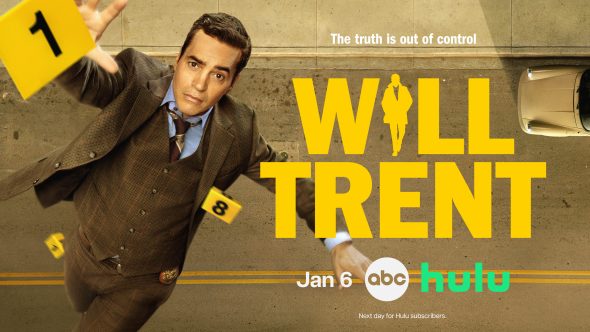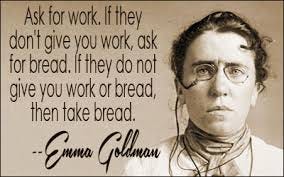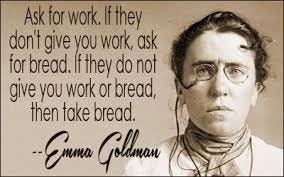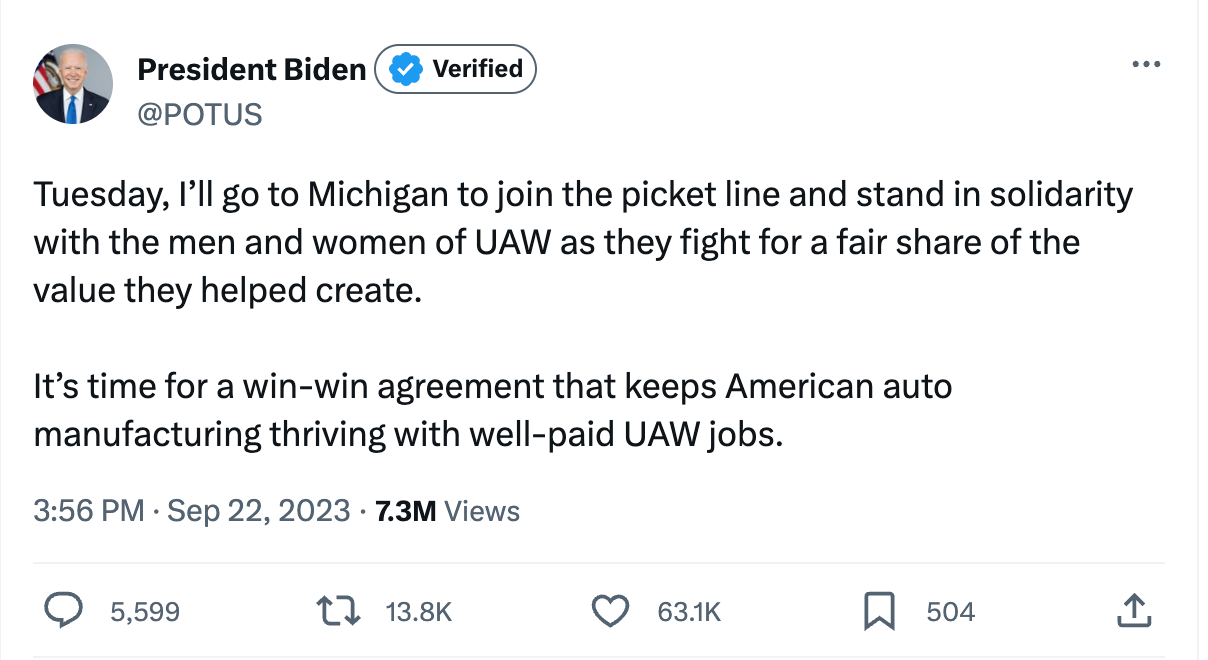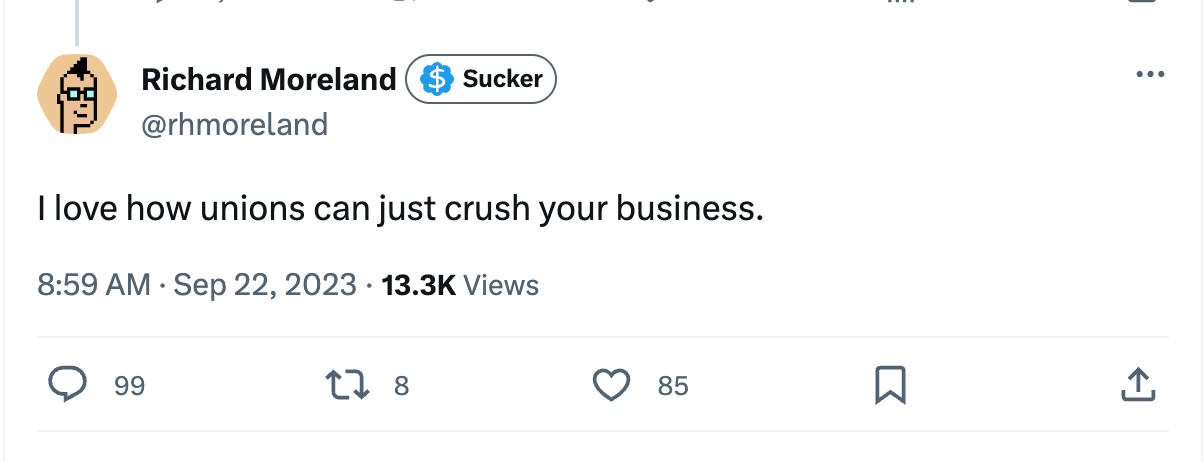[ad_1]
On Tuesday, Joe Biden will make history by becoming the first President to join a picket line, when he joins UAW workers picketing in Michigan. That’s a pretty big deal, and we love to see it.
Of course, not everyone was thrilled by this news, particularly Elon Musk fan boys who kept demanding to know why he hadn’t visited a Tesla plant (Tesla is not only not on strike, they are not unionized), presumably to pay fealty to their leader, and, conversely, people claiming that the real thing that is going to hurt unionized workers is Biden’s support of electric vehicles. And, of course, the usual anti-union nonsense.
The one that really stuck with me, however, was a response to another Biden tweet, this one featuring a video of Republicans trying to drag him for supporting the unions in a way that made him look really good.
Because you know, I felt that bitterness in my bones. I did. I do get that the narrative of “This guy built his company from the ground up, put his blood sweat and tears into it, and now it’s all going to be destroyed because of the greedy unions!” is something (however inapplicable in this case … or in reality in general) that just strikes a raw nerve with some people. And there’s always been something about warped, misdirected compassion that strikes a nerve with me.
However strongly pro-union I am, I also recognize that it is going to take a lot to undo the 40+ years of anti-union, pro-”job creator” propaganda to which Americans have been subjected. If you’re only ever taught that your sense of compassion should run one particular way, it can be hard to redirect. Especially if you hold to the great American superstition that caping for those at the top is a way to get there yourself.
The fact is, as much pain as it might cause some people to hear, we really do not need businesses that don’t pay people a living wage. That’s a hard thing to say in the United States, where people grasp so tightly onto the dream of people going into business for themselves and really making it — ideally making several times more money than they and at least 5 generations of descendents could possibly spend in their lifetimes.
In order to live, people, at the absolute most basic level, need food, clothing, shelter and health care. The first purpose of any society or economic system is to figure out how best (and non-violently) to meet those needs — not necessarily because we are good or kind people, but because those needs are going to be met one way or another and it may as well be on our own terms than those that might be a bit more unpleasant. Don’t believe me? Think of the Donner Party.
In the United States, that is supposed to be the function of business — not just to “create wealth” for owners, executives and stockholders.
I am clearly not a capitalist, but I imagine that in an ideal world, it would work something like this — businesses people a fair salary and charge a fair amount for their goods and/or services, landlords charge people a reasonable amount to live somewhere/a majority of single family homes are, at the very least, affordable for people making the current median salary (currently $45,760). In turn, people then have disposable income with which to buy goods and services, supporting other businesses that also pay people a living wage.
But that is not, remotely, how it is working. Rather, business owners pay as little as they can, landlords charge as much as they can, and everyone else? Well, they’re just supposed to “figure it out” in a way that somehow does not inconvenience anyone. That doesn’t work. It doesn’t allow society to function, nevermind flourish. It turns us into the Donner Party, willing to eat our own if we think it will allow us to survive.
It’s no wonder the idea of unions and solidarity scare the crap out of some people.
Businesses that do not pay their workers a fair wage are hurting us all, they are hurting our ability to function as a society and they are, ironically enough, bad for business. Because when they don’t, then those crap wages have to be subsidized by tax dollars for social programs (which then creates all kinds of resentment and finger-pointing at the wrong people), they don’t have money to rent or buy homes, they don’t have disposable income and can’t buy anything that isn’t an absolute necessity, which then hurts other people’s ability to run a business.
Hell, it hurts their own businesses, even. The workers at these plants are making cars that they can’t afford to buy, and if other businesses follow their lead … it’s not going to be too easy to sell cars, now is it? Henry Ford was a hideous anti-Semite (and union-buster), but he did at least get that one thing right.
If businesses that don’t want to pay their employees fairly are crushed, that is a good thing. Because quite frankly, we, as a society, cannot afford them. They are not performing their most basic function. They can then be replaced with businesses that do pay people fairly and are not a giant suck on our society and economy. There are surely a lot of people out there who would be more than happy to fill a hole in the marketplace with dreams of their own that don’t require making 400 times what their average worker makes.
OPEN THREAD!
[ad_2]
Original Source Link








